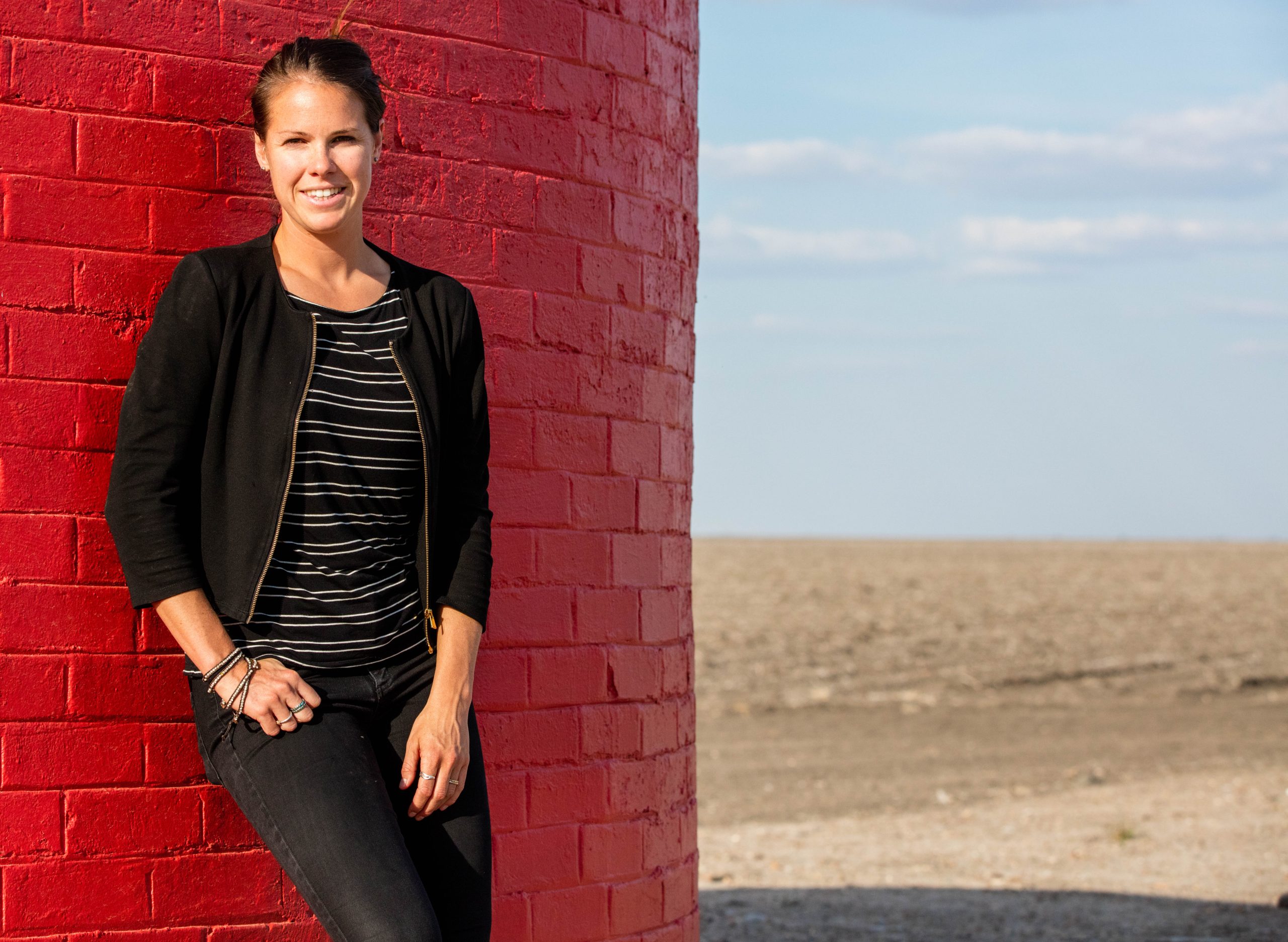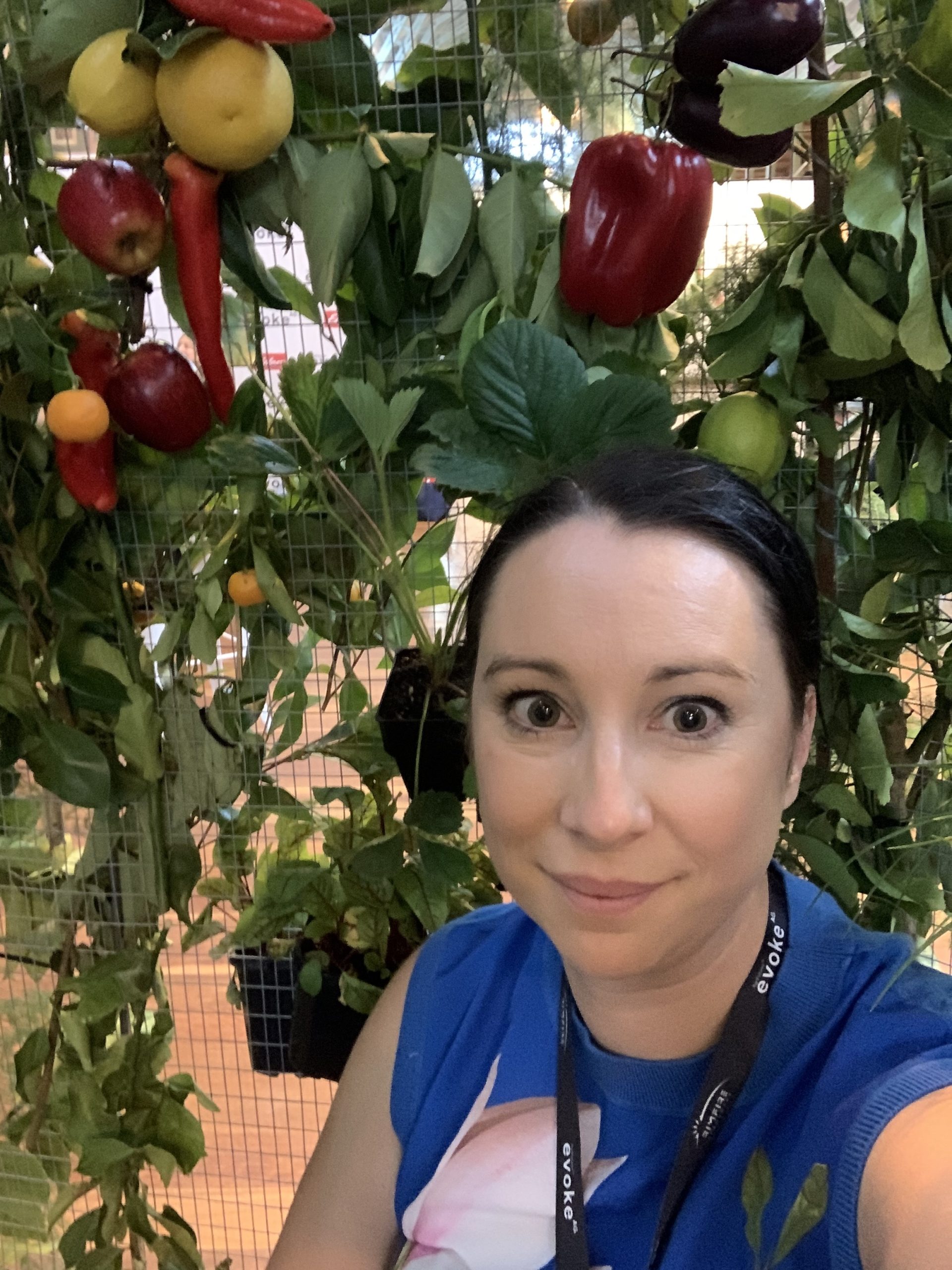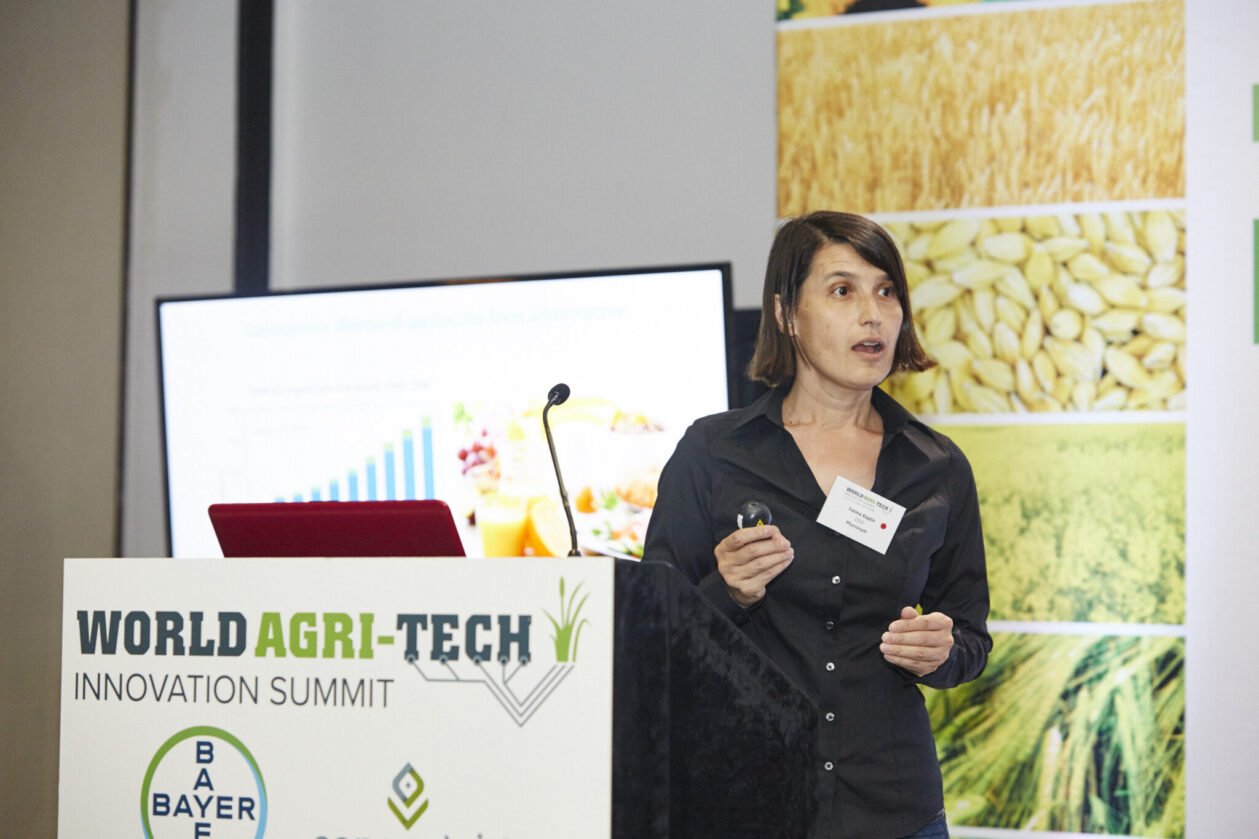Fatma Kaplan is the founder and CEO of Pheronym, an agtech startup that produces biopesticides that use pheromones (chemicals capable of acting like hormones to impact the behavior of the receiving individuals) to control a wide range of agricultural pests. The company’s mission is to help growers control pests in an eco-friendly way. Pheronym is based in Davis, Calif., located in the Central Valley—an agricultural mecca in the U.S.
It is one of a growing number of agtech startups launched by women. Agtech is loosely defined as innovation, including hardware and software, that helps farmers work more efficiently.
Kaplan is not your conventional startup entrepreneur. She is a scientist by background with a PhD in plant molecular and cellular biology. She had an entire career as a researcher and scientist before launching Pheronym in 2017. This is her first startup in a sector that is not only fledgling, but male-dominated.

Gender inequity in the distribution of opportunities and resources is painfully obvious. According to AgFunder News, looking at the 10 largest agrifoodtech financings in 2020, 100 percent of the founders of these 10 companies were men. And of the top 20 financings, two were known to have women cofounders.
Accelerators that focus on the agtech sector can serve a pivotal role for early stage startups. While funding might seem like the most obvious resource, many accelerators also offer connections and networks for potential investors or customers, along with offering programs in skills for entrepreneurs, whether that be pitching or marketing. Some accelerators also offer office space and equipment that helps beginner entrepreneurs get started. In interviews with dozens of women founders in agtech, I found many of them attributed accelerators as essential to the launch of their company.
Kaplan attributes her lucky break in part to agtech accelerators, such as IndieBio Accelerator, based out of San Francisco. Pheronym was accepted into the accelerator in 2017, which offered Kaplan a much-coveted wet lab space where experiments are conducted, $250,000 in funding and the requirement to be based in San Francisco for four months.

This followed with a litany of accelerators and incubators (some of them conducted virtually such as the LARTA Institute), and others such as Tech Futures Group and California Life Sciences Institute Fellows All-Star Team Advisory Program (FAST) that focused on mentorship.
Diane Wu and Poornima Parameswaran, the founders of agtech company Trace Genomics, says being a part of THRIVE, an agtech accelerator based in Silicon Valley, helped connect them with growers, especially as the program has close relationships with growers in the Salinas Valley, where agriculture is a $9 billlion industry. THRIVE has had a number of women founders come through the program including Miku Jha, the founder of AgShift, Penelope Nagel, the COO of PDMI Inc., and Tinia Pinia, the founder of Re-Nuble.
New Kinds of Accelerators

Sarah Nolet, the founder of AgThentic, a food and agriculture consulting firm based out of Australia, is also a cofounder of Farmers2Founders, an ag innovation program. Farmers2Founders hosts a range of workshops for entrepreneurs at all stages with a particular focus on farmers who are keen on creating innovation for fellow farmers.
Nolet estimates that the gender parity for the programs is split 50/50, and there is an emphasis on recruiting women to the programs. It is not an accident that Farmers2Founders has two female cofounders, two female program managers and a female operations manager.
“We believe it is super important for women to be innovating in food and agriculture, especially women who are producers because they see problems at different angles. They often have a farm background in different industry experience that they bring to bear to these problems,” says Nolet. “We have women building new agtech products, and we have women building new value-added products tapping consumer trends.”
Fiona Turner (pictured below), CEO of BitwiseAg and a graduate of Farmers2Founders, said she joined the accelerator “to give us focus and a drive to complete our summer trials…It was great for learning skills that we didn’t already have, and we found a group of people on the same journey as us.”

Turner believes accelerators can be essential for early stage startups.
“The startup world is hard to get your head around at the beginning with all the lingo and abbreviations,” Turner says. “By being able to go on an accelerator, you’re surrounded by other startups in the same stage and really find a community to help you through the process, but also it helps with getting you connected with investors, mentors and customers.”
Some accelerators are increasingly keen on recruiting companies led by women of color.
AgLaunch, an agtech accelerator based in Memphis, Tenn., recently won funding from the Wells Fargo Innovation Incubator to develop an accelerator program for African American startups in agtech. This summer, AgLaunch will work with historically Black land grant colleges in the U.S. to develop the program, which will include a boot camp and pre-accelerator program.
Jade Clark, director of community impact for AgLaunch, notes there have not traditionally been many programs for women and minorities in agtech.
“We find access to information and capital is one of the biggest barriers in access to development resources. Minority startups are more likely to fail [if] they didn’t have the business development types of resources, and we see that a lot in Memphis,” says Clark. More often she observes that “sheer motivation and grit and grind and a willingness to succeed is what is driving them.” More accelerators in agtech can only help not hurt, she says.
Amy Wu is a member of the Women & Worth Community. Her book From Farms to Incubators: Women Innovators Revolutionizing How Our Food Is Grown will be released on May 4, 2021 by Linden Publishing.







